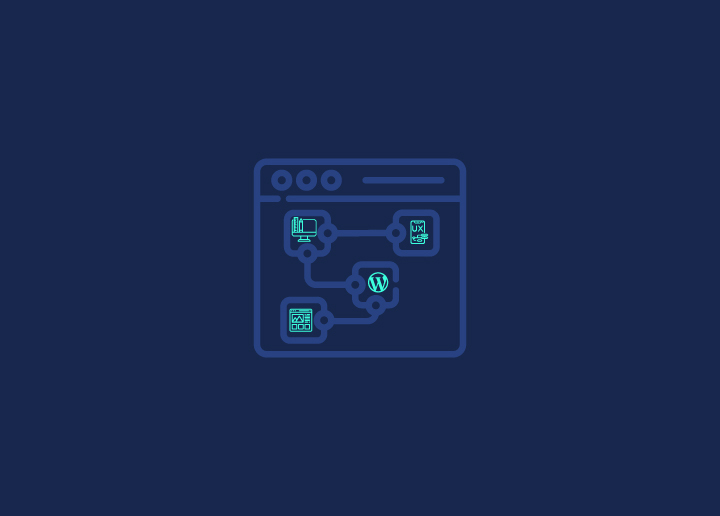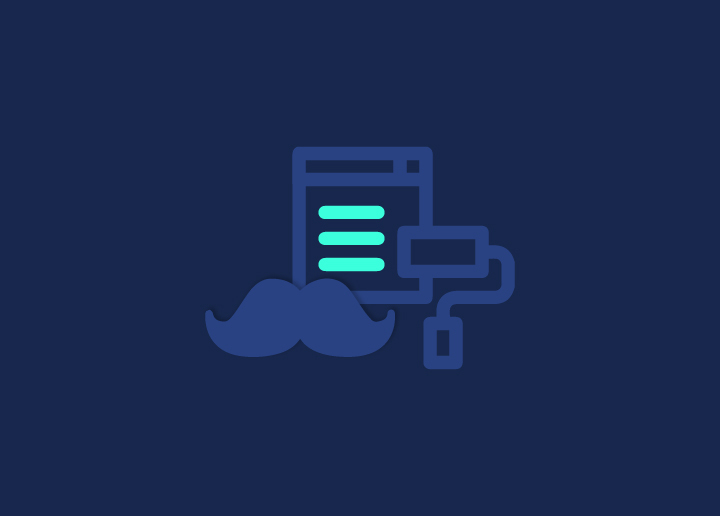Richard Stallman, a computer programmer, designed the GNU General Public License (hereafter referred to as “the GPL”) as a rebellious reaction to the massive rise of proprietary software. The ‘GNU’ GPL was called after Stallman’s use of it to license the GNU operating system.
A free software license is the GPL. Contrary to common belief, the word “free” in the context of “free software” refers to the user’s freedom to use, modify, and distribute the program (as defined by Stallman) (and any derivative works).
The GPL best describes the four freedoms connected with the “free software” movement:
- The ability to use the application for whatever purpose you want.
- The ability to understand how the application works and modify it to suit your needs.
- The ability to redistribute copies to assist a neighbor.
- The ability to modify the application and make your modifications (and updated versions in general) available to the public for the entire community’s benefit.
In other words, the GPL is the polar opposite of proprietary software like Windows or iOS. It empowers the end-user while not always serving the developer’s best interests. WordPress chose the GPL license to foster a friendly and inclusive community. The GPL may be viewed as WordPress’s ‘Bill of Rights.’ It outlines the project’s fundamental ideals.
GPL in WordPress: Advantages
- Ethics- From an ‘ethical’ sense, there’s much to enjoy about the GPL as a user. Just reading Stallman’s dynamic language on the issue of software “ownership” demonstrates how liberating the concept is for GPL Software users. Some readers may be surprised to learn that the social copyrighted software network that states that you are not authorized to share or update software is antisocial, immoral, and wrong. But what more can we say about a framework that divides the public and renders consumers powerless? The GPL advocates for simple accessibility in software development in an increasingly accessible world (for better or ill).
- The Influence of Community- The GPL isn’t merely influential because of its transparency. It’s been a significant driver of WordPress’s expansion. It can thank its GPL status for this.
- A better method – The GPL provides security to WordPress users. The WordPress Foundation was founded to “ensure free access throughout the software projects we sponsor.” To put it another way, WordPress has always been free to use in all of the methods we are accustomed to.
From an ethical standpoint, there’s much to like about the GPL. WordPress’s license demonstrates that it is possible. WordPress’s selected license indicates that it is feasible to make and distribute software completely transparently while reaping community advantages and generating money. End users can use WordPress themes (third-party paid themes) with a GPL license at a discount price.




















